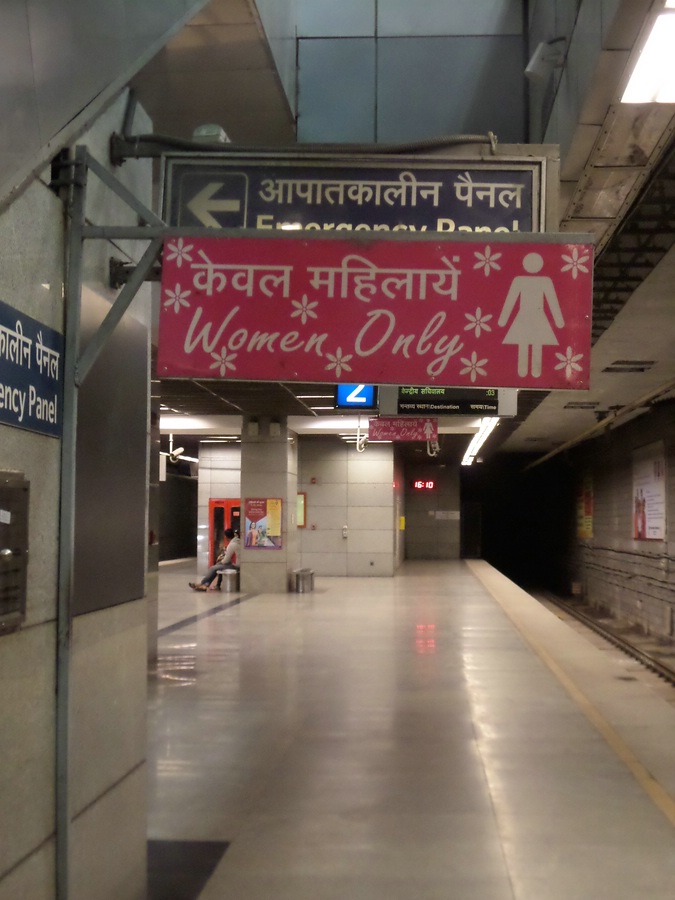New research publication from the SING:E project:
http://www.tandfonline.com/doi/full/10.1080/0966369X.2017.1395823
Reflecting wider debates on the city as a site of coercion and opportunity, Delhi is marked by the coordinates of both cultural nationalism and neo-liberal aspiration. The former positions the city as a site of cultural pollution, at times claiming ‘western lifestyles’ have contributed to gendered assault. In juxtaposition, Delhi’s neo-liberal landscape positions the female body as a valued commodity, iconic of ‘globalised living’, embedded in discourses of autonomy and modernity. This article will argue that these entangled cultural constructs have created a city of threat and discomfort that problematizes women’s access, be it for livelihood or leisure, enclosing women within coordinates not of their making. Yet rather than acquiesce to this urban topology, the agency of the single, middle-aged, middle-class women in this ethnographic study extends our understanding of the agonistic relationships within urban space, and the capacity to negotiate them using practices of avoidance, deception, adaptation, defiance, and care, at times creating their own enclosures in the process that enabled access to the city. Age and class as well as gendered expectations impacted on the available resources and outcomes of these negotiations, revealing the diverse possibilities of urban living that can enable pockets of social and political flourishing even within a difficult city.

